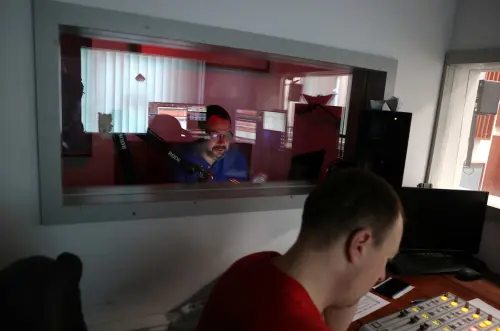In Budapest and Sarajevo on February 13, Hungarian investigative outlet Atlatszo discussed fundraising strategies following the suspension of their USAID grants due to President Trump's actions. Managing editor Tamas Bodoky emphasized the challenge of sustaining independent media without these funds and noted plans to seek new donors and boost crowdfunding.
Established in 2011, Atlatszo has focused on exposing corruption, Hungarian government-linked oligarchs, and the use of EU funds. Bodoky revealed that USAID indirectly supported 10-15% of their budget for 2023 and 2024.
Trump's decisions regarding USAID, including freezing funds and involving Elon Musk, have created turmoil for NGOs and humanitarian projects worldwide. While USAID provides substantial humanitarian aid, it also supports initiatives to promote democracy and civil society globally, inciting political tensions.
In light of these developments, the European media landscape, particularly in Eastern Europe, faces uncertainty. Governments like Hungary and Bosnia, impacted by USAID cuts, are witnessing potential setbacks in investigative journalism. Organizations such as the "Umbrella" association in Sarajevo are apprehensive about the future availability of USAID donations.
In this changing landscape, media outlets and journalists, like those in Bosnia and Eastern Europe, face challenges in maintaining thorough coverage of important issues such as corruption and abuse of power. The European Federation of Journalists has called for support to uphold media pluralism and independent journalism amid the disruptions caused by Trump's actions.
